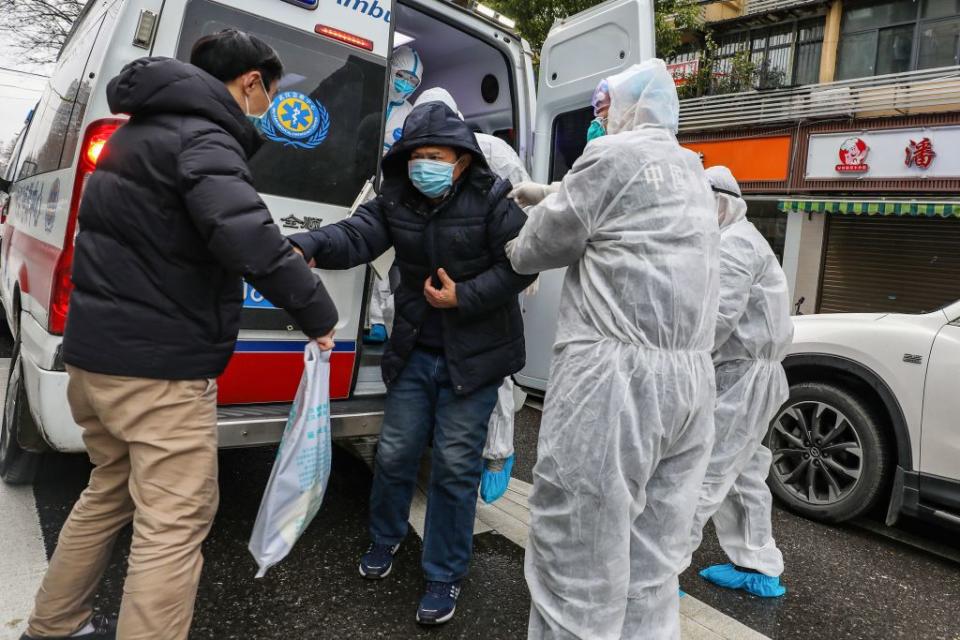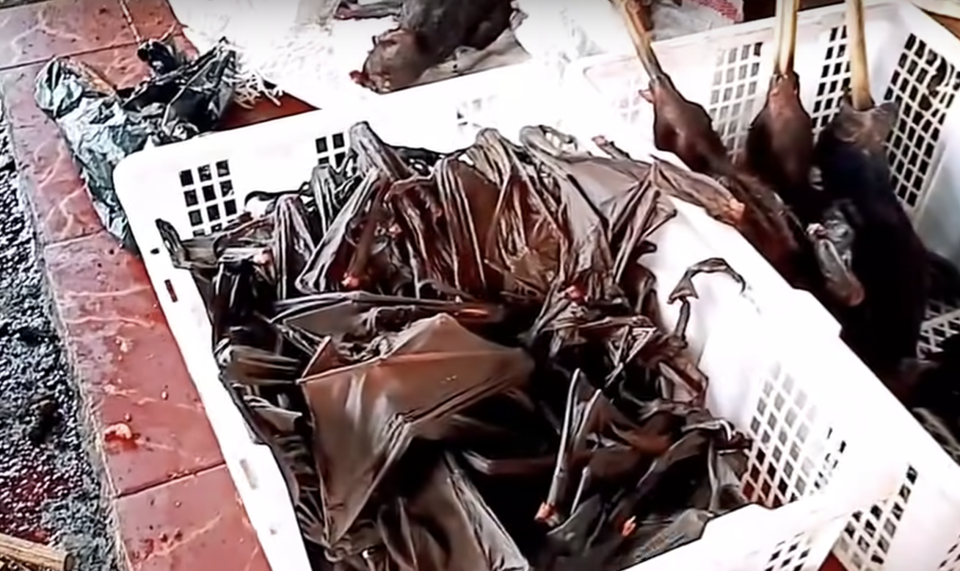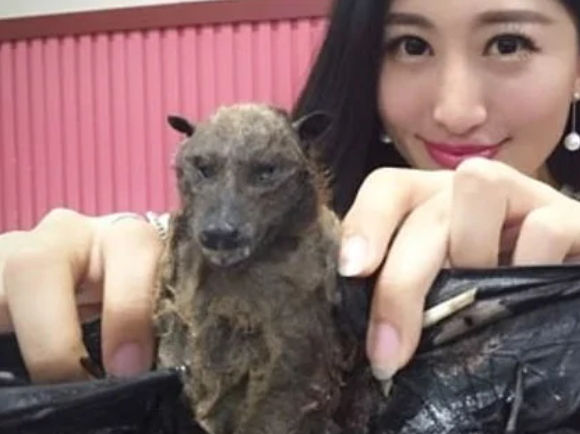Garlic won't help: The ludicrous coronavirus rumours spreading like wildfire
As the deadly coronavirus continues to spread globally, so does misinformation surrounding the outbreak.
Global hysteria has been fuelled by incorrect information online, distributed among China’s vast social media network as well as abroad.
In a move uncharacteristic of Facebook, the social media giant has stated their intent to remove any coronavirus-related posts "with false claims or conspiracy theories that have been flagged by leading global health organisations and local health authorities”.
While the site is banned across China, there are still roughly 3 million users accessing the site.
Chinese app TikTok, which has spiralled in popularity globally over the last 12 months, also voiced similar tactics will be employed to control the spread of misinformation.
Chinese messaging app WeChat, which has 1.5 billion monthly users and features a social feed unlike typical messaging apps, said posts containing misinformation would be removed.
Coronavirus misinformation could lead to prison time
Information in China is tightly controlled, and Chinese laws dictate that rumour-mongers can face years in prison.
In the early days of the outbreak, Chinese state media reported that police in Wuhan had detained eight people for spreading rumours about a “local outbreak of unidentifiable pneumonia.”

In a worrying and disturbing trend, Chinese pet owners have been launching cats and dogs to their deaths after it was wrongly shared that household pets could spread the virus.
The World Health Organisation (WHO) has since issued a warning to Chinese residents saying there is zero evidence of pet-to-human transmission.
The official information on coronavirus provided by WHO has also been doctored and distributed online, with differing advice spread globally, including Australia.
One common change, which also featured on a fake Blue Mountains City Council health warning, informed the public not to engage in unprotected intercourse with animals.
A plethora of unverified images and videos claimed to be from within cities locked down due to the virus. With the restrictions placed on such areas, it has been difficult to confirm if they are factually correct.
Notably, a clip of a nurse claiming to be from a hospital in Wuhan states as of late January there were in fact 90,000 people infected by the virus, a huge spike from the 1,975 confirmed at the time.
Yet sceptics concerned over the validity of her claims note her uniform in the clip does not match that of other medical staff in Wuhan.

Claims of Wuhan market footage incorrect
The origins of the virus are believed to have been at the Huanan Seafood Market in Wuhan which was closed down in early January before authorities later claimed to have located the virus’ origin in the west end of the market after dozens of samples contained the nucleic acid of the virus.
The market was revealed to be a hotbed for the sale of exotic animals, with a price listing understood to be from the market advertising the sale of dogs, hedgehogs and koalas.
Weeks later, footage from a wet market, which are common across China and southeast Asia and notorious for their lower levels of hygiene in comparison to western markets, began to spread online claiming it was from inside the heavily-scrutinised Wuhan market.

The footage shows live and cooked animals including dogs, bats and snakes for sale in what appeared to be unsanitary conditions.
However AFP confirmed the clip was in fact captured at the Langowan market in Indonesia's North Sulawesi province.
As authorities and experts identified bats, which are known to carry the virus, as a possible cause of the virus, footage of diners eating the mammal began to surface.
And while bats are known to be consumed in China, there was no indication the first patients infected had consumed bats from the market.
It was later confirmed the first patient identified had no connection to the market whatsoever.
One video that widely spread of a woman devouring parts of a bat was wrongly claimed to be from Wuhan.
The video was filmed in Palau, Micronesia, thousands of kilometres away by popular travel vlogger Mengyun Wang.

Coronavirus remedies unsubstantiated
Misinformation has also proliferated online about home and traditional remedies as millions try and reduce their risk of contracting the virus.
A liquid made with honeysuckle and flowering plants used in traditional medicine was initially claimed to "inhibit" the virus, sparking frenzied buying in China.
But Chinese state media later sounded a more cautionary note, as researchers warned of potential side effects.
In India, where there are three reported confirmed cases, the government has touted ancient homeopathy and Ayurveda remedies as the answer.
The jury is out on the effectiveness, and doctors still recommended that patients be treated in a hospital.
Online posts erroneously identified saline as a coronavirus killer in Australia, while in Thailand social media suggested antiseptic should be sprayed in a person's mouth.
The antiseptic brand Betadine has refuted the claim.
WHO has had to move to clarify a series of food-related myths that have been circulating online.
Q: Does putting on or eating sesame oil block the #2019nC0V from entering the body?
A: No. Sesame oil is delicious but it does not kill 2019-nCoV.#KnowTheFacts pic.twitter.com/vJU7i1VXjb— World Health Organization (WHO) (@WHO) February 1, 2020
The application of and consumption of sesame oil has been touted as a barrier to coronavirus entering the body – a claim WHO strongly refutes.
Likewise, misinformation spread on the powers of garlic to prevent infection were also dismissed.
“Garlic is a healthy food that may have some antimicrobial properties. However, there is no evidence from the current outbreak that eating garlic has protected people from the new coronavirus.” WHO said in a statement.
To date, there are no available vaccines that protect against the virus nor is there a specific treatment.
Anyone at a heightened risk of contracting the virus is urged to continuously wash their hands, to cover their mouths and noses with a tissue when sneezing and coughing, avoid touching mouths, eyes and noses, and remain at least one metre from others in public.
Further health information on the prevention of coronavirus can be found on the NSW Health website.
With Reuters and AFP
Do you have a story tip? Email: newsroomau@yahoonews.com.
You can also follow us on Facebook, Instagram and Twitter and download the Yahoo News app from the App Store or Google Play.




